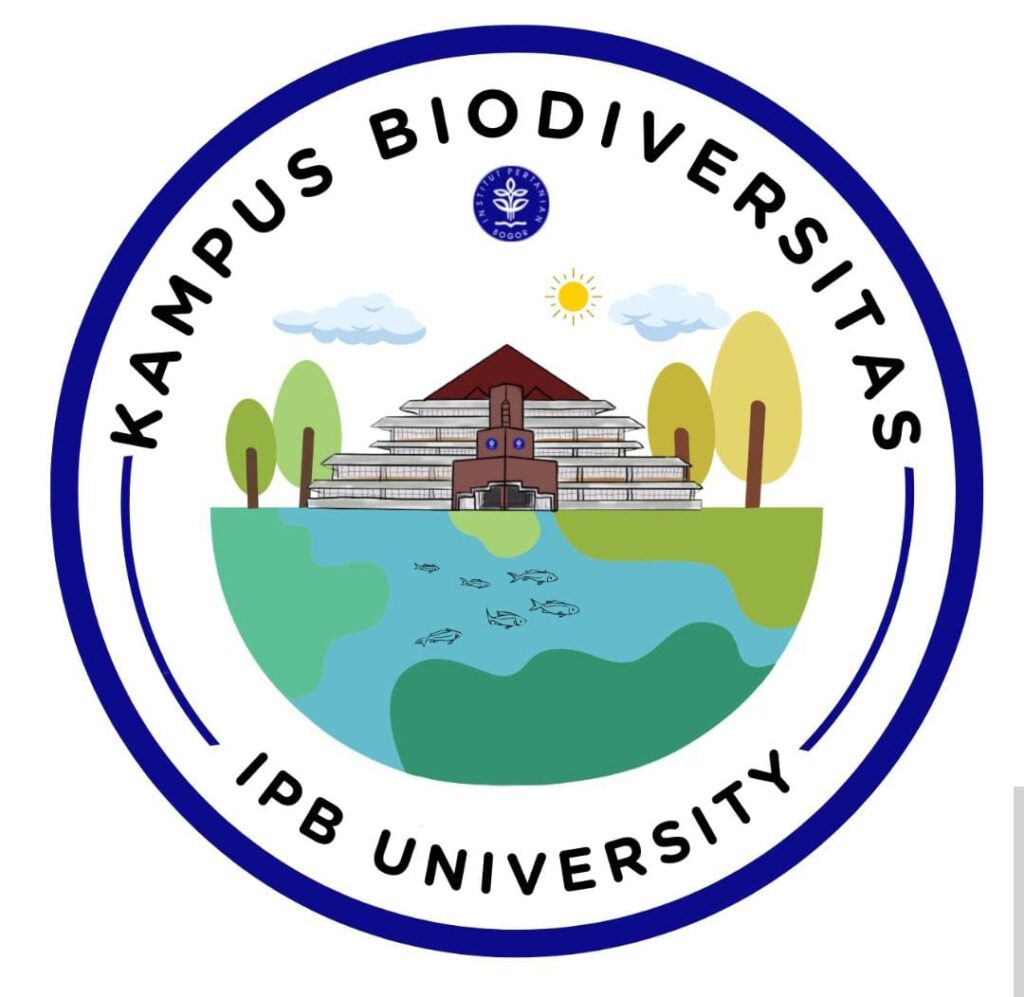Biodiversity Conservation Data Analysis (KSH1212)
Module objectives/intended
learning outcomes
- Have a strong foundation in the basic concepts of data analysis
and statistical inference. - Have a broad knowledge of applying statistical techniques in the
fields of biodiversity conservation, social community, and
ecotourism. - Have managerial, leadership, and teamwork skills, as well as
maintain good relationships with supervisors and colleagues in
applied statistics in the fields of biodiversity conservation, social
community, and ecotourism. - Able to implement an adaptive data analysis process using
statistical techniques with the help of software, supported by
adequate programming skills. - Students have the ability to generate, present and interpret
general information from data. - Students have the ability to process simple data collection and
management to produce valid information.
Course description
This course explains the basic principles of data analysis in the field of
biodiversity conservation and some simple statistical analysis methods
commonly used in biodiversity conservation, social community, and
ecotourism. This course also forms the basis for further data analysis
courses such as Inventory and Monitoring of Wildlife, Communication
and Social Science Conservation, Research Methods and Scientific
Writing, Outdoor Recreation and Ecotourism, and etc. The topics
covered in this course are statistical descriptions, probability,
principles of estimating and testing hypotheses, estimating and
testing hypotheses regarding proportions, estimating and testing
hypotheses regarding mean values, correlations, simple linear
regression, experimental designs, contingency tables, and non
parametric statistical analysis.

